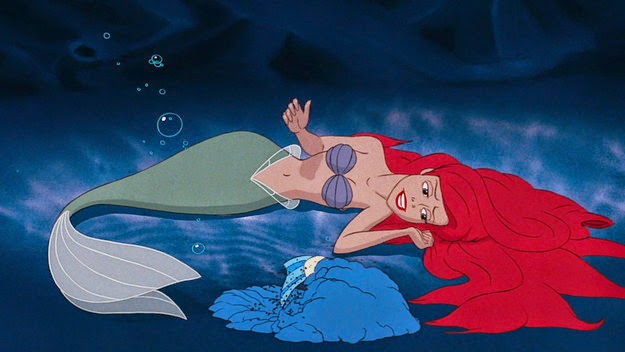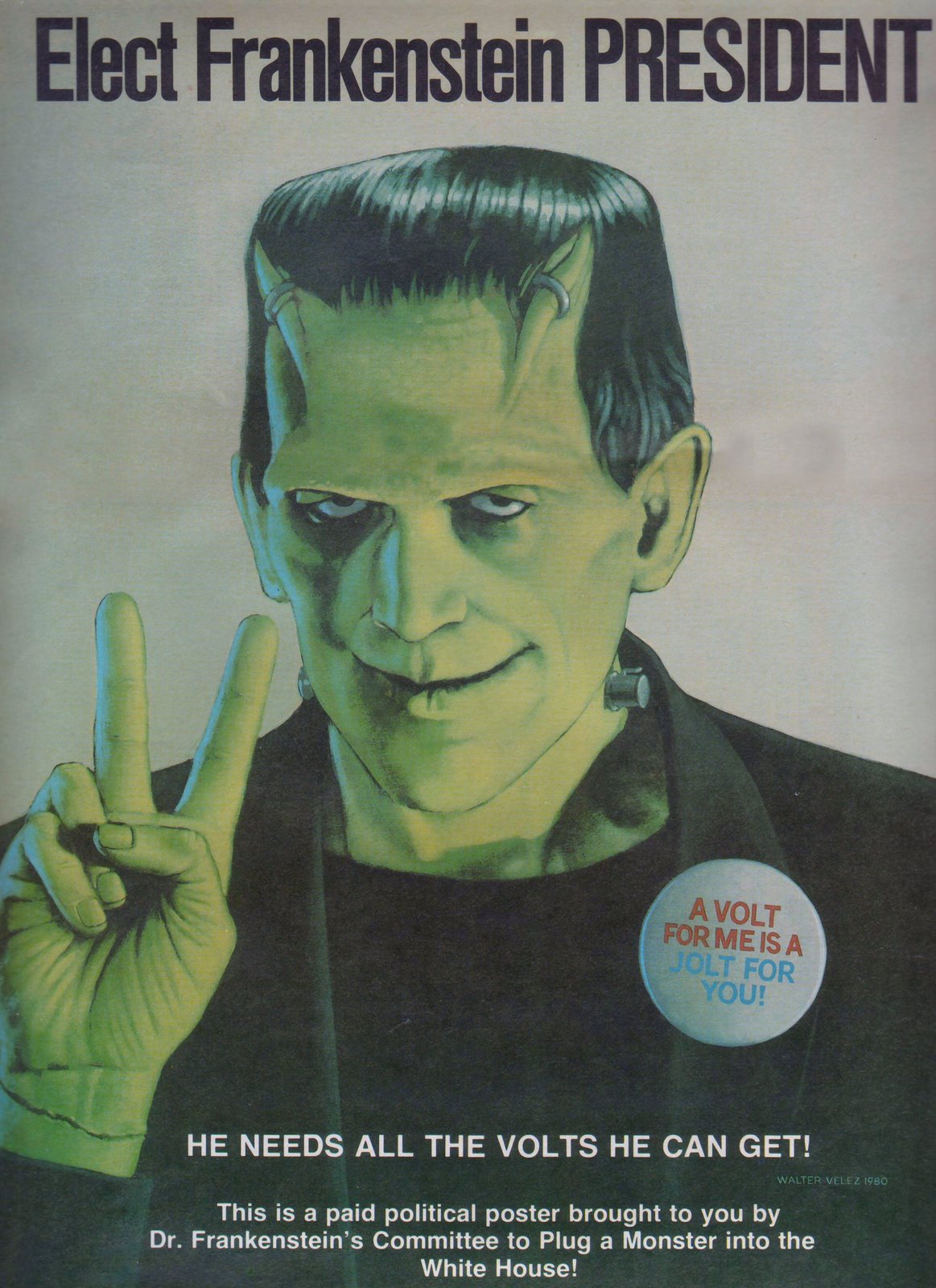Serious Thoughts: Harry Frickin' Potter
Well. First of all, if everything that "could never happen" is invalidate then I guess we can disregard most abstract philosophy, the Communist Manifesto, and every alien film that's ever been made, which makes me really, because, you know, Independence Day, Men in Black, and Will Frickin' Smith.
Secondly, you don't have to be a kid to appreciate Harry Potter. In English class, we often discuss significant details and allusions in books and how they add to to our understanding of the text. If you took all the allusions out of Harry Potter, you would have like fifty pages of really boring text like "and then Harry found out he was a wizard. And then he waved his wand. And then he smiled".
-_-
Like, take Sirius Black (my favorite character in literature ever) for example, in real life, Sirius refers to the dog constellation, which such a coincidence because Sirius Black is an animagus that turns into a dog. Not to mention, that Harry intially mistakes Sirius for the grim, the great, black dog that symbolizes death; it just so happens that in Greek and Egyptian mythology, a dog also symbolizes death (cough, cough, Cerberus and Anubis, cough).
Also, Harry Potter is just chock full of Latin. For example, the Latin for wolf is lupus, which throws a little light on Remus Lupin the werewolf. Remus, in Roman mythology, is also the brother of Romulus, who founds the city of Rome, both brothers were supposedly suckled by a wolf. Even though one doesn't find out that he's a werewolf until the end of the third book, the conscious reader could make an educated guess. Its the same thing with spells, incendio, the spell to produce fire, is really, really similar to the Spanish verb encender - to turn on a light - which comes from Latin. The counter spell is nox, which is Latin for darkness.
Folks, you can't make these things up.
That's not to say that I understood all of these references the first time, especially since I was five at the time, and I am still noticing new references all the time (centaurs, the name Minerva, etc. etc.). And, of course, there are probably tons of other references that I'm completely missing. Like, apparently, Harry Potter is full of elements of the Arthurian tradition (this article explains it better than I can by far King Arthur ).
But, on the whole, I think it's pretty clear that J.K. Rowling wasn't making this up as she went along. Clearly, she put as much thought into the writing of Harry Potter as any great novelist; the whole series draws on the entire litany of the western tradition; I think that carries some significance.
I mean, he's Harry Frickin' Potter for frickin' reason.
Just sayin'




Comments
Post a Comment